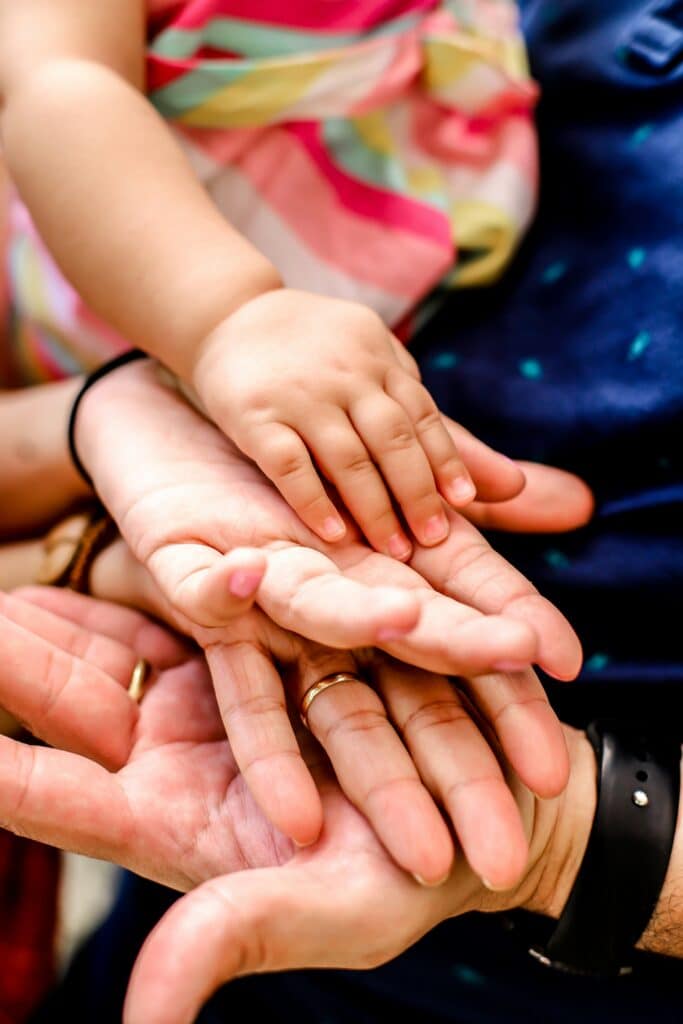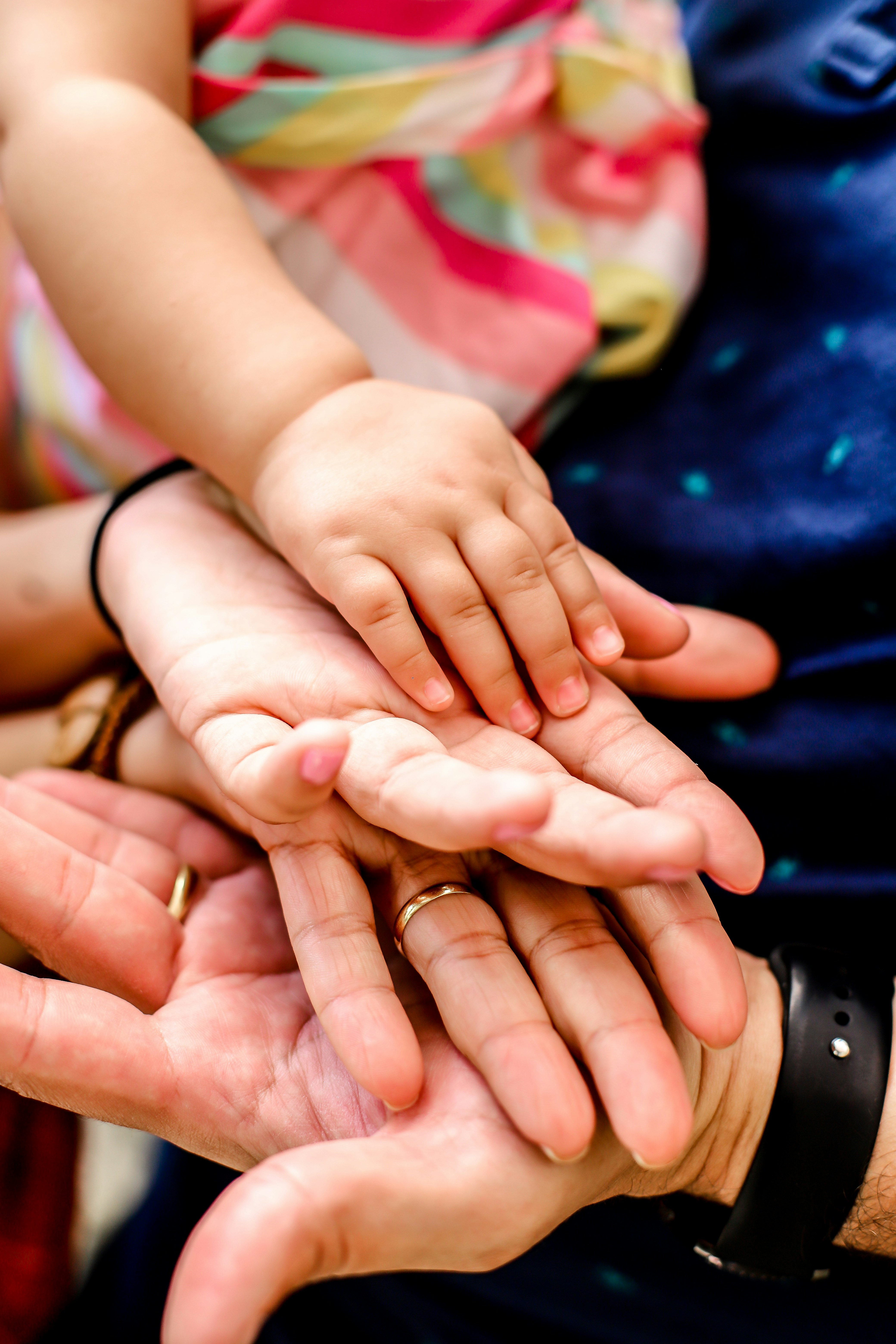From Tragedy to Restorations: “I Get it,” Article 10 of 10

“I Get it”
Article 10 of 10

By Elizabeth Lane Miller and Helene Fisher,
Gender and Religious Freedom (GRF)
This article is part of the series Pursuing Partnership: Men and Women in Ministry.
“I get it. Ugh!” Usually accompanied by the slam of a door, these words are quintessential teen behaviors which many a parent will recognize. Usually the parent is less than convinced that their child does in fact really “get it” so much as understand that their teen wants to stop hearing about it.
What is the limitation of “I get it” for adults? The Apostle Paul wrestled with this question in his letter to the Romans. One part of his answer: our sin nature. Yet the other part is the believer’s sanctification process.
Before listing off the marks of the true Christian in Romans 12, Paul says: “Do not be conformed to this world, but be transformed by the renewal of your mind, that by testing you may discern what is the will of God, what is good and acceptable and perfect.”
For the bulk of this Tragedy to Restorations series, we have talked about how our beliefs about Christian men and women can be the difference between the vulnerability or resilience of the church.
Inequality, distrust, blame, control and shame. These relational patterns can force a certain type of brittle resilience for a while. They require a good deal of strength, or even coercion, to keep this type of system going. With enough will-power, it might seem like resilience.
Brittle resilience isn’t actual resilience. Brittle items shatter; they are quite vulnerable in fact. Resilient items have some ability to absorb or deflect. Some relational patterns produce more resilience than others.
But, our relational patterns have not just come from what the Bible teaches us; they are deeply shaped by our culture and experiences. The beliefs, values and feelings that shape our mindset ultimately drive our behavior as well. This means that in creating change, Bible study on its own is not enough.
Repeated behaviors create patterns in our lives which are so sturdy, they are like a well-trodden path that has become hard-packed soil.
Sometimes we even institutionalize our habits by putting theological packaging around our habits as if only our beliefs have produced those habits, and then embedding them in our church and Christian ministry practice.
Once that happens, it’s even harder for change to take place, even if individuals “get it”. There’s even a phenomenon called the Dunning-Kruger Effect which explains why an initial “I get it” often ends in discouraged lack of change. Behavioral change and organizational change both take a lot of work.
So where to start? The first step is to consider personally: am I open to both men and women reflecting back to me how successful my words or actions have been?
The second step is to have the courage to do a sort of self-assessment, taking a brave but hard look at our own situation, and even asking for the input of those around us, especially those lower down on any kind of power scale.
- Do they feel equally valued for their ideas and contributions?
- Do they feel their words and intentions are trusted?
- Are they given freedom to explore and innovate?
- Can they name how they have been empowered in their spiritual gifting?
- Do they sense that they are offered the benefit of the doubt in any situation where their belonging might be at risk?
These correspond to Jesus’ five restorations of our human identity as named by Restorations IRL. Through his behavior and relational patterns, Jesus’ counter-cultural example throughout his ministry gently unraveled the twisted patterns we began learning in Genesis 3.
If we are to apply in our real lives the principles which Restorations IRL has identified as biblical and resilience-building, we first have to be able to hear the ways in which the above questions aren’t answered in an enthusiastic affirmative. But it isn’t impossible.
One of the best moments that I (Helene) had while in the Central African Republic was on a return visit when a woman greeted me: “Mama Helene, I have to tell you something! I don’t need you anymore!” Why was her voice so excited?
“I don’t need you anymore! I have a job, my husband respects me, and my children respect me. I don’t need you anymore!”
She bubbled with enthusiasm and pride as she told me more about how her husband no longer called her an adultress, and had encouraged her to apply for a job with an NGO in another town. He offered her respect and trust, which translated to being empowered to use her skills in a new workplace.
This was radically different from the words and expectations from before.
And it was resulting in a different approach to their marriage. Her husband didn’t feel the need to control her or hide her. She was no longer to blame or distrusted because she had been the religiously persecuted through sexual violence. And their sons and daughters were now optimistic and flourishing in their studies and growing prospects.
Jesus says we will know a tree by its fruit. Brittle communities characterized by Restorations IRL distortions (inequality, distrust, blame, control and shame) are not living reflections of our risen Lord.
Resilient, loving communities characterized by restorations (equality, trust, freedom, empowerment and acceptance) preach the Gospel of Christ, whether or not the believer has the right to speak of Jesus.
In the places most hostile to Christianity, it is the witness which cannot be contained. Jesus said they will know we are his disciples by our love. May this be true of our families, church and ministries wherever we live and serve.
With permission: Throughout this series we will draw upon the church training material available through restorationsirl.com. Elizabeth and Helene are the pioneering co-authors of Specific Religious Persecution reports published between 2018-2023 by Open Doors International’s World Watch Research.
This article is submitted by Wendy Wilson of Missio Nexus and of Women’s Development Track. Women’s Development Track is a Missio Nexus member. Member organizations can provide content to the Missio Nexus website. See how by clicking here.



Responses